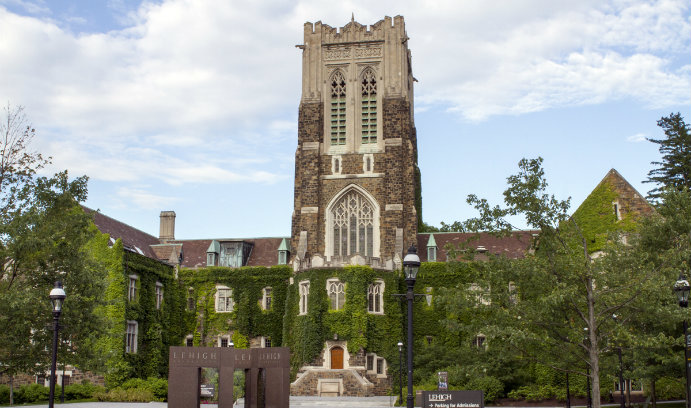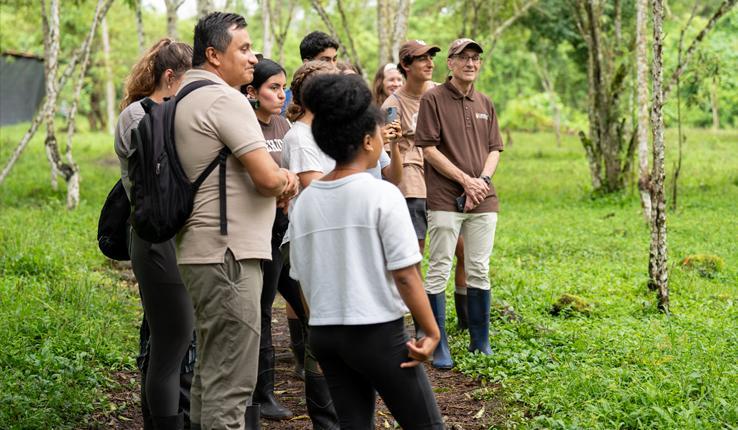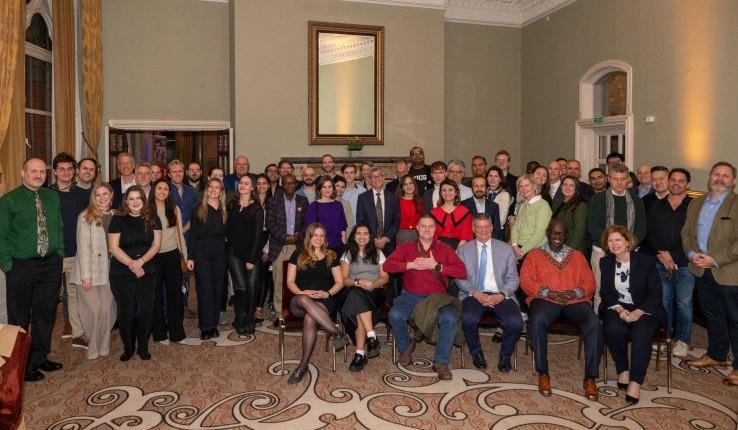Lehigh Examines Topic of Divided Nations

The discussion was the third in the "Tackling Tough Topics Together" series organized by the Council for Equity and Community (CEC).
Vera Fennell, a professor of political science who specializes in comparative politics, shared her insights into the divide between the People’s Republic of China and the Island Republic of China on Taiwan before kicking off a small-group discussion on the issue of divided nations.
Participants were asked to consider questions such as how does a country become divided? Who bears the main responsibility? How do opposing sides more toward reconciliation? How can we apply these lessons to our own university culture? Finally, what is your hope for this nation?
The attendees were welcomed by Matt Casell, president of the Global Union, which co-sponsored the mid-day event with the Council for Equity and Community (CEC). It was the third in the “Tackling Tough Topics Together” series that was organized by the CEC and held over the past few weeks.
It was also one of the concluding events of International Week, which featured nearly 50 culturally and internationally focused events in honor of the 20th anniversary of the Global Union.
The result of this week’s US presidential election wasn’t a driving topic when the Global Union and CEC representatives planned the event, but it certainly loomed large in the discussions that followed Fennell’s presentation.
“We were actually thinking more about tapping into the large Chinese student population here at Lehigh when we started looking at this topic,” said Casell. “It’s important that those students know they have a safe space here with the Lehigh community. We may not be able to solve international problems, but we can certainly address problems on our campus through these discussions.”
Chris Burke, associate professor of psychology and member of the CEC, said the planners considered that there might be some relevance with the timing of the discussion, following the election a few days earlier. What is clear, he said, is that the United States is not at the point that many other nations faced with a politically—and sometimes geographically—divided country are.
“The question for us,” he said, “is how do we turn this ship around and get moving in the right direction? We also have to look at how did we get here? For a long time, we have not been attending to, listening to each other’s suffering. Both sides have retreated into their separate echo chamber and have been, as a result, really disconnected from each other’s experience.”
What we are challenged with, Burke said, “is creating a place where we can come together with an open mind and find a way to make progress.”
Posted on:




